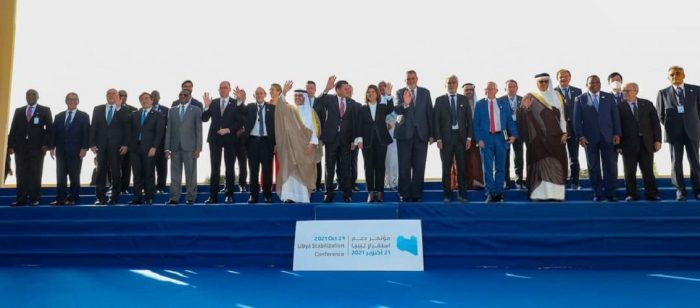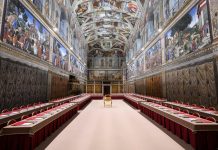Minister Bartolo said that, for nearly seven million Libyans, Libya is their shattered home where two-thirds live under the poverty line, a third are displaced, thousands of homes together with schools and hospitals are destroyed, and there is a lack of consistent supply of electricity and water, even though Libya is one of the wealthiest countries in the Mediterranean.
“As an international community, the least we can do is assist the Libyans in rebuilding their home, without meddling and imposing solutions that create more problems. Libya cannot be rebuilt from the top and from the outside – it would be like trying to build a house from the roof down, it would collapse.”
Minister Bartolo said that Libya needs to be rebuilt from the ground up, by the Libyans and for the Libyans. However, to do this, Libyans must find ways of living and working together. The divisions of Libyans help those Libyans and outsiders who want Libya to remain ungovernable so that they can exploit it in their own interests. There needs to be reconciliation among Libyans, and yesterday’s and today’s enemies must become tomorrow’s partners.
An indispensable step is holding the presidential and parliamentary elections. On their own, they will solve very little. However, without them, the situation will get much worse as there will be no legitimate authority in Libya and it will become even more ungovernable, making it impossible to unite military, financial and national political institutions, without which there will be no stability.
We need to focus on the withdrawal of the mercenaries as a first step. This has to be managed well, and it is up to the UN to be given the necessary support to see that this withdrawal is managed well at every stage if we do not want to export armed mercenaries into other countries.
The withdrawal of all foreign military presence needs to be gradual, incremental and verifiable, and will realistically take longer to carry out. It is not realistic to have a ‘big bang’ approach to withdrawal, as this will create huge problems and disrupt the existing fragile equilibrium through the balance of forces. If this equilibrium is broken, Libya can completely collapse internally and destabilise all its neighbours.
“We need to support the Libyan people in the difficult road ahead to regain control of Libya and to use Libya’s wealth for the benefit of all Libyans. May the spirit of teacher, leader and martyr Omar Mukhtar (1858-1931) prevail – he sacrificed his life for a free and united Libya. Within Libya and outside of it, there are those whose interest is that Libyan brothers continue to kill and fight each other so that they can take for themselves the wealth that belongs to the Libyan people. We must overcome those whose interest is for Libya to remain ungovernable.”
The final communiqué of the conference stressed the need for transparent, fair and inclusive elections in Libya.
Photos (MFEA) Minister Bartolo talks with his Libyan counterpart, Najla Al Mangoush.











